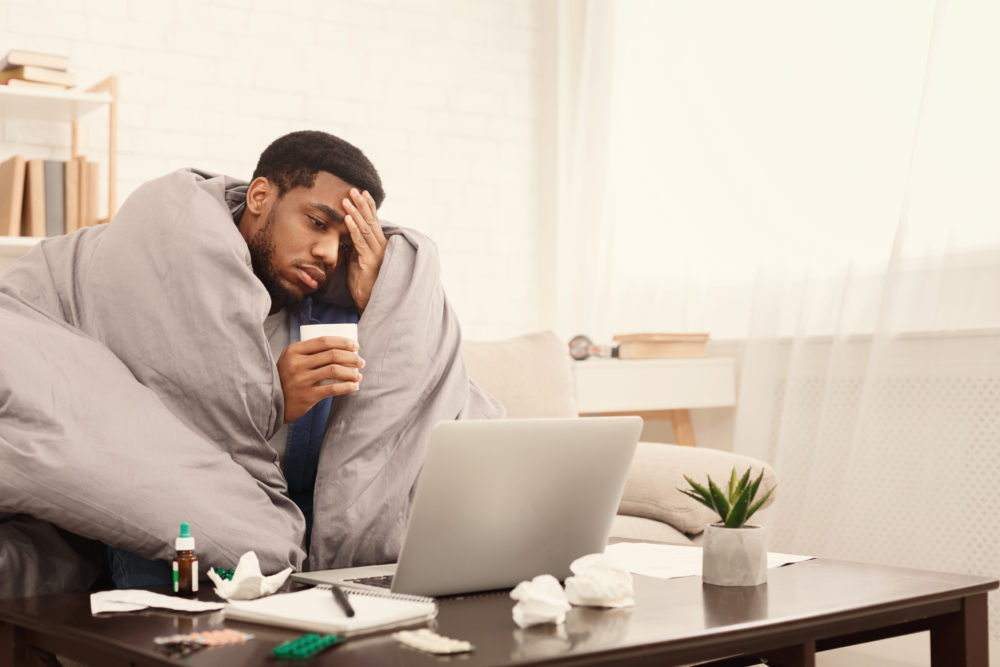
How to self-isolate during COVID-19
Testing people without symptoms for COVID-19 does not help identify people who may become sick later. Therefore, it is so important to detect any sign of infection as early as possible.
You should monitor yourself for any new symptoms. Watch particularly for:
- fever (37.5°C or higher)
- cough
- shortness of breath (difficulty breathing)
Other reported symptoms of COVID-19 include loss of smell, loss of taste, runny nose, muscle pain, joint pain, diarrhea, nausea/vomiting and loss of appetite.
If you develop symptoms, you should seek help as soon as possible, but if your symptoms become worse, but are not serious, contact your doctor.
You must self-isolate if:
- you have COVID-19
- you are a close contact of someone with COVID-19
- you are a returned traveler
- you have been tested for COVID-19 and are awaiting results.
You must stay at your home or hotel. You cannot go to work, school, childcare, university, recreation facilities, or public areas, go shopping or have visitors, but you can leave your home to seek medical care or because of an emergency. You can go into your private garden or courtyard or onto your private balcony if you have one.

If you live with other people, you should:
- Separate yourself from the other people in your home
- Remain separated from others. Stay 2 meters apart.
- Wear a surgical mask when you are in the same room as another person. Make sure the mask covers your nose and mouth at all times.
- Use a separate bathroom, if available.
- Avoid shared spaces, like the kitchen or living areas.
- Do not share a room with people are at risk of severe disease.
- Avoid sharing household items
You should not share dishes, drinking glasses, cups, eating utensils, towels, bedding, or other items with other people in your home. After using these items, wash them thoroughly with soap and water or use a dishwasher/washing machine.
You should cover your mouth and nose with a tissue when you cough or sneeze, or cough or sneeze into your sleeve or elbow.
You should wash your hands often and thoroughly with soap and water for at least 20 seconds. You can use an alcohol-based hand sanitizer if your hands are not visibly dirty. Ensure you wash your hands or use a hand sanitizer:
- before entering an area where there are other people
- before touching things used by other people
- after using the bathroom
- after coughing or sneezing
- before putting on, and after removing, gloves and masks.
All travelers who return from overseas must self-isolate at home or in a hotel for 14 days after arrival. This is because you may have been exposed to someone with COVID-19. If no symptoms develop within 14 days of your return, it is very unlikely you have been infected.
Home isolation applies to all overseas travelers, even if you are feeling well. People in isolation who get tested for COVID-19 and the result is negative still need to remain in home isolation until the end of the 14-day period.
